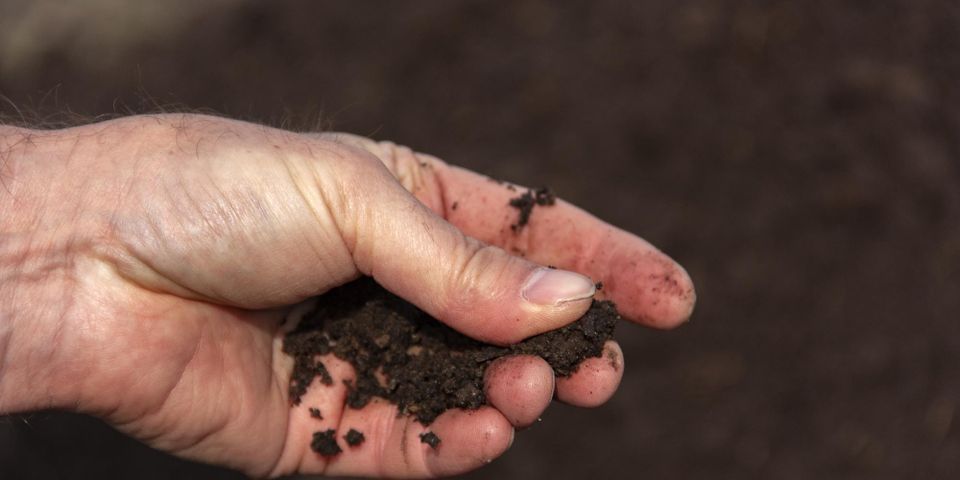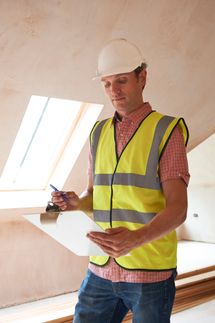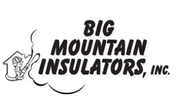
Although most homeowners understand the significance of carbon monoxide detection, few understand the threats uncovered by radon testing. You may be one of those homeowners likely questioning why you should be concerned about this gas. Here are answers to some frequently asked questions about radon that explain why you should have your home tested.
What You Need to Know About Radon
What is it?
Radon is a colorless, odorless, and tasteless radioactive gas that’s been tagged as a leading cause of lung cancer by the U.S. surgeon general. Contrary to popular belief, radon isn’t commercially manufactured. It’s the result of the breakdown of uranium, a naturally occurring metallic element found in groundwater, rock, and soil.
Radon can be inhaled or ingested without your awareness. It’s a single-atom gas that passes easily through paper, plastics, paints, and construction materials.
What are the signs of its presence?
Radon testing is the only way of knowing if radon gas is in your home. The result of exposure—cancer—is generally not discovered for years or decades after contact, making it hard to determine the source.
According to the U.S. Environmental Protection Agency (EPA), elevated radon levels have been detected in every state, making it essential for you to test for its presence in your home.
How do you test for it?
 Although DIY radon-testing kits are available, for the safety of your family, find a radon measurement and mitigation professional to test your home. An expert team will have advanced technology and superior detection devices for testing the air in your home.
Although DIY radon-testing kits are available, for the safety of your family, find a radon measurement and mitigation professional to test your home. An expert team will have advanced technology and superior detection devices for testing the air in your home.
A one-time test will give you a single reading. A long-term test, however, is more accurate in measuring the fluctuating radon levels in a home.
How do I get rid of it?
The only way to rid your home of radon is to install a radon mitigation system, which treats radon-laden soil underneath your home. A network of plastic pipes connected to a fan blows radon out of the soil and away from your home. The average mitigation can take about a day or two to complete. It’s a system usually designed based on your home’s foundation and the levels of your radon that are detected.
For radon testing, call the EPA-certified technicians at Big Mountain Insulators. For more than 42 years, they’ve been serving residents and businesses across northwestern Montana from their base in Whitefish with radon mitigation, mold remediation, and insulation services. To schedule an appointment for a consultation, call (406) 862-5446, or visit their website for more information on all of their services.
About the Business
Have a question? Ask the experts!
Send your question

